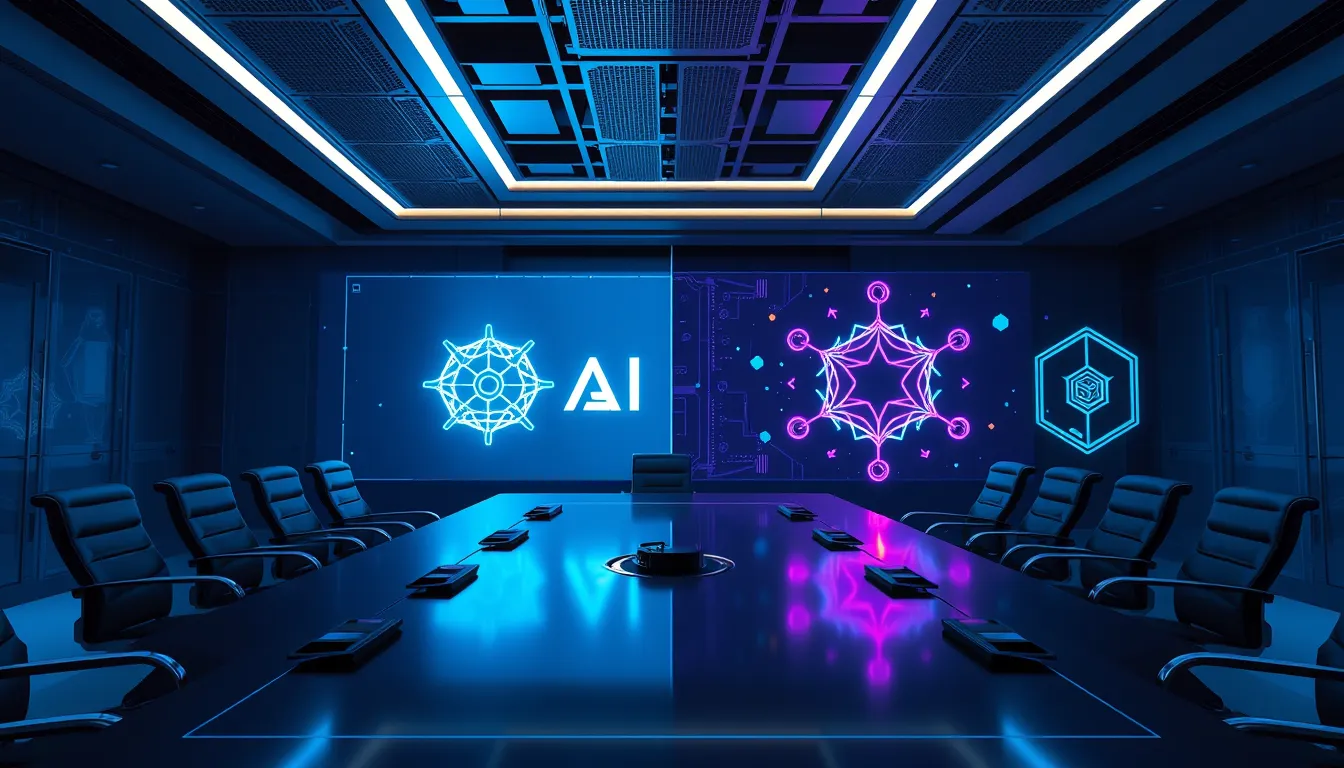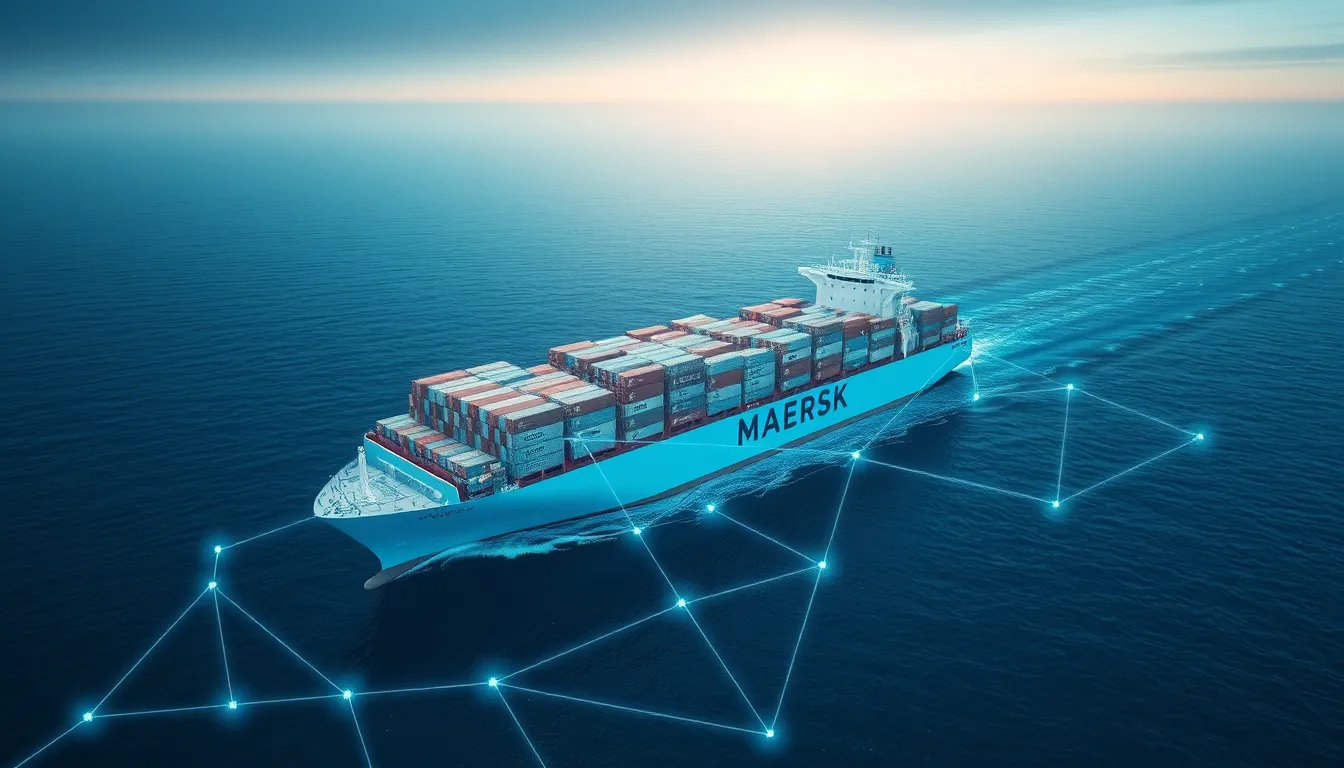Now Reading: OpenAI Acquisition Windsurf: Shaping the Future of AI Platforms
-
01
OpenAI Acquisition Windsurf: Shaping the Future of AI Platforms
OpenAI Acquisition Windsurf: Shaping the Future of AI Platforms

OpenAI Acquisition Windsurf: Shaping the Future of AI Platforms
The rapidly evolving tech landscape just witnessed a groundbreaking development: the OpenAI acquisition Windsurf. This news has stirred discussions across the industry, particularly among developers who rely on robust and versatile AI tools. As one of the leading forces in artificial intelligence today, OpenAI has decided to acquire Windsurf, an innovative developer platform known for its AI-powered capabilities across multiple large language models (LLMs). This acquisition is not just a routine business move but a strategic consolidation that could redefine how developers interact with AI services in the future.
The Context and Significance of the Acquisition
Windsurf has carved out a niche as an AI-powered developer platform, providing comprehensive support that empowers developers to experiment with a variety of LLMs. By offering seamless API accessibility and a range of tools, Windsurf has become a popular choice among tech innovators who appreciate its open and inclusive environment. With OpenAI stepping in, industry experts are now keen to understand if this shift will maintain support for diverse AI models or if it will signal a move towards a more closed ecosystem.
Examining the OpenAI Acquisition Windsurf Impact
The acquisition presents several potential scenarios:
- Maintaining Open Access: OpenAI may choose to uphold Windsurf’s reputation as an impartial platform, ensuring that developers continue to enjoy support for rival AI models. This would preserve Windsurf as a hub for innovation, allowing for healthy competition and continuous advancements in technology.
- Streamlined Integration: Alternatively, OpenAI could pivot towards streamlined integration of its proprietary solutions. Such a move might simplify developmental processes but could restrict access to alternative AI models, affecting the openness of the platform.
- Balancing Innovation and Control: A hybrid approach is also possible. OpenAI might balance integration by nurturing its native models, like those highlighted on the official OpenAI website (https://openai.com), while still permitting limited, controlled access for third-party AI tools. This would ensure both robust innovation and a degree of competitive diversity.
Key Considerations for Developers
Developers are closely monitoring the situation, especially how this acquisition could impact the following areas:
- API Accessibility: Windsurf has long been admired for its straightforward API access, which has been crucial for developers to integrate multiple AI functionalities into their applications. Any changes to this could have a significant impact on their workflow.
- LLM Support and Integration: The platform’s existing support for several large language models has allowed developers to enjoy a rich and diverse ecosystem. The upcoming changes could influence the versatility of the platform.
- Developer Freedom: One of the burning questions is, will OpenAI maintain support for rival AI models? A move that limits the range of supported models could impact the creative freedom of developers, reducing the flexibility they have come to expect from an open platform.
The Broader AI Ecosystem and Strategic Implications
This acquisition is also emblematic of broader market dynamics. Over the past few years, there has been a noticeable trend towards consolidation in the AI ecosystem. Major players, like OpenAI, are increasingly opting to integrate complementary platforms into their portfolios to reinforce market dominance and drive innovation.
Key strategic implications include:
- Enhanced Resource Allocation: By merging Windsurf’s cutting-edge developer tools with OpenAI’s research capabilities, the combined resources could spearhead new breakthroughs in AI technology.
- Centralized Innovation: The consolidation may pave the way for more unified innovation streams, resulting in smarter, more efficient AI solutions that benefit a wider audience.
- Industry Realignment: As the market reconfigures itself around such strategic moves, smaller platforms may face challenges in maintaining their independent stance. This realignment could lead to both exciting new opportunities and concerns around the sustainability of open ecosystems.
The Road Ahead for the AI Community
While the ramifications of the acquisition are still unfolding, what is clear is that the decision holds significant weight for the future of AI development. The potent combination of OpenAI’s robust capabilities and Windsurf’s developer-centric focus promises to drive innovations that could redefine industry standards.
This development is stirring both optimism and cautious skepticism. Developers are eager to see how the new platform will manage API accessibility, retain LLM support, and safeguard developer freedoms. The tech community, including independent developers and large enterprises, will undoubtedly be watching closely.
Conclusion
The OpenAI acquisition Windsurf represents more than just a corporate merger; it signals a crucial turning point in the AI ecosystem. By leveraging the strengths of an AI-powered developer platform under the guidance of OpenAI, the enterprise aims to set new benchmarks in innovation and integration. As stakeholders continue to debate and analyze the outcomes of this acquisition, one thing remains certain: the future of AI development hangs in the balance, promising transformative changes that are as exciting as they are uncertain.
Developers and industry experts alike must stay informed and engaged as this story evolves, ensuring that they can adapt and thrive in a landscape that favors both innovation and open collaboration. With strategic insights, verified API enhancements, and a continued commitment to multidisciplinary support, the combined force of OpenAI and Windsurf is poised to make a lasting impact on the global AI scene.

























